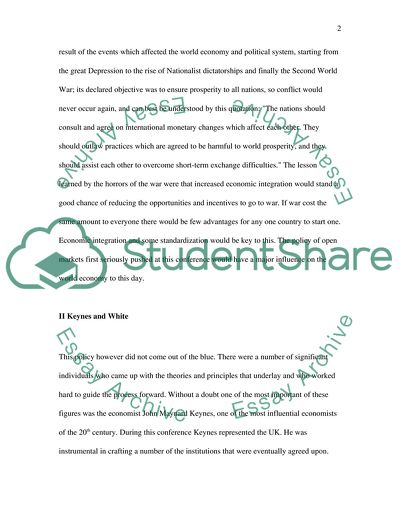Cite this document
(Regional and Economic International Organizations Assignment, n.d.)
Regional and Economic International Organizations Assignment. Retrieved from https://studentshare.org/macro-microeconomics/1557214-regional-and-economic-international-organizations
Regional and Economic International Organizations Assignment. Retrieved from https://studentshare.org/macro-microeconomics/1557214-regional-and-economic-international-organizations
(Regional and Economic International Organizations Assignment)
Regional and Economic International Organizations Assignment. https://studentshare.org/macro-microeconomics/1557214-regional-and-economic-international-organizations.
Regional and Economic International Organizations Assignment. https://studentshare.org/macro-microeconomics/1557214-regional-and-economic-international-organizations.
“Regional and Economic International Organizations Assignment”. https://studentshare.org/macro-microeconomics/1557214-regional-and-economic-international-organizations.


